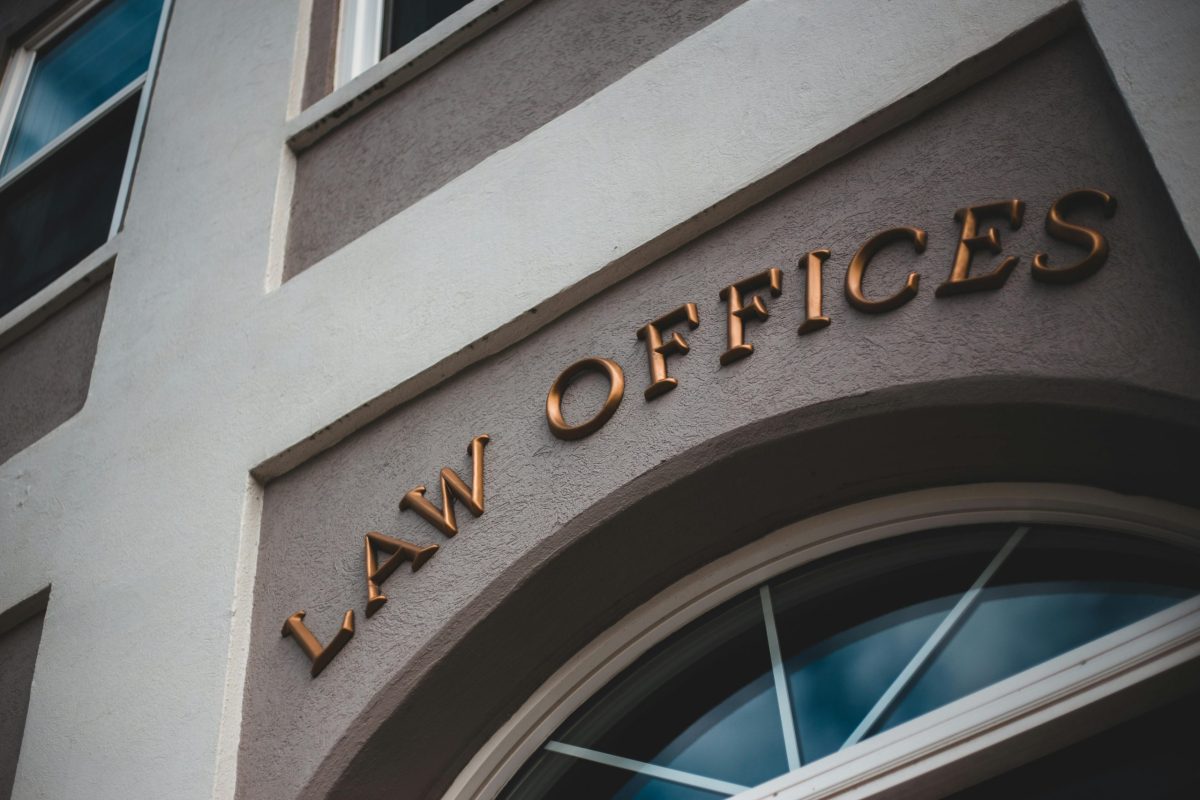Reading Closing Documents
Understanding the Importance of Reading Closing Documents; the Final Stage of Your Real Estate Transaction
When buying or selling real estate in Georgia, clients may ask is about reading closing documents. Do I have to read all of the closing documents?
Closing day can feel busy. The stack is tall, the terms are technical, and the clock is moving. Every document you sign carries legal and financial impact, so careful review is essential for buyers and sellers in every price range.
The short answer is yes, read the documents. From the purchase agreement and the loan package to title insurance, disclosures, and the settlement statement, each page defines rights, duties, timelines, and protections. A missed detail today can become an expensive problem later.
- Read every page before you sign.
- Confirm names, the property description, and loan terms.
- Ask questions until each paragraph is clear.
The Role of a Georgia Real Estate Closing Attorney
A closing attorney protects your interests, checks the file for accuracy, and explains complex language in clear terms. Typical support includes careful review of loan terms and charges, confirmation that title is clear, and verification that disclosures and signatures meet Georgia requirements.
- Numbers on the settlement statement and lender documents.
- Title records, liens, taxes, and the legal description.
- Required disclosures and recording details.
Why Thorough Reading Matters in Georgia
Real estate is often the largest single purchase many people make. Careful reading helps prevent issues with ownership, financing, fees, and future use of the property.
- An overlooked title issue can lead to disputes over ownership.
- An incorrect interest rate or a prepayment penalty can raise lifetime costs.
- Errors in the legal description can affect boundaries and easements.
- Unpaid taxes or liens can become your responsibility.
- Association rules or covenants can limit how you use the property.
- Missing signatures or dates can delay recording and possession.
Title, taxes, and covenants in Georgia deserve careful attention, since each can affect future sales, refinancing, and daily use.
How a Closing Attorney Helps After Closing
Support does not end at the table. If an issue surfaces later, your attorney can help with title insurance claims, tax and lien questions, boundary concerns, association matters, and future refinancing or sale.
- Guidance on title insurance claims and curative steps.
- Advice on tax matters, liens, and releases.
- Review of documents for refinancing and future transfers.
Trusted Closing Attorneys in Macon Georgia
Clients in Macon and Middle Georgia often work with experienced local firms that focus on real estate and title practice. The following options are well known in the area.
- Jill S. Thompson, P.C. 3040 Riverside Drive, Suite D 2, Macon, GA 31210
- Lisenby and Associates, P.C. 777 Walnut Street, 4361 Macon, GA 31210
- Martin Snow, LLP 240 Third Street, Macon, GA 31201
- Confirm real estate focus and title experience.
- Ask about typical timelines and communication style.
- Request a clear quote for closing services.
Final Thoughts
The closing file is more than paperwork. It secures your investment and your rights. Read the documents, ask questions, and partner with a qualified Macon closing attorney who will guide each step with care and precision.





